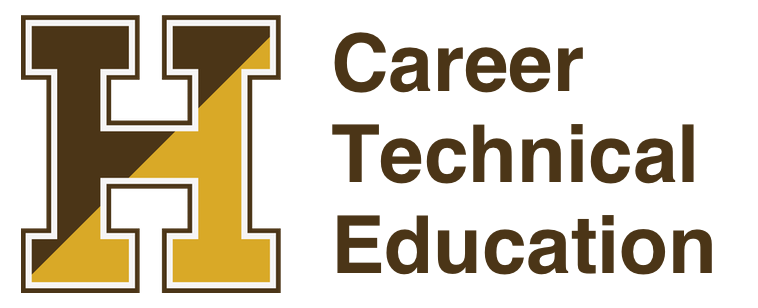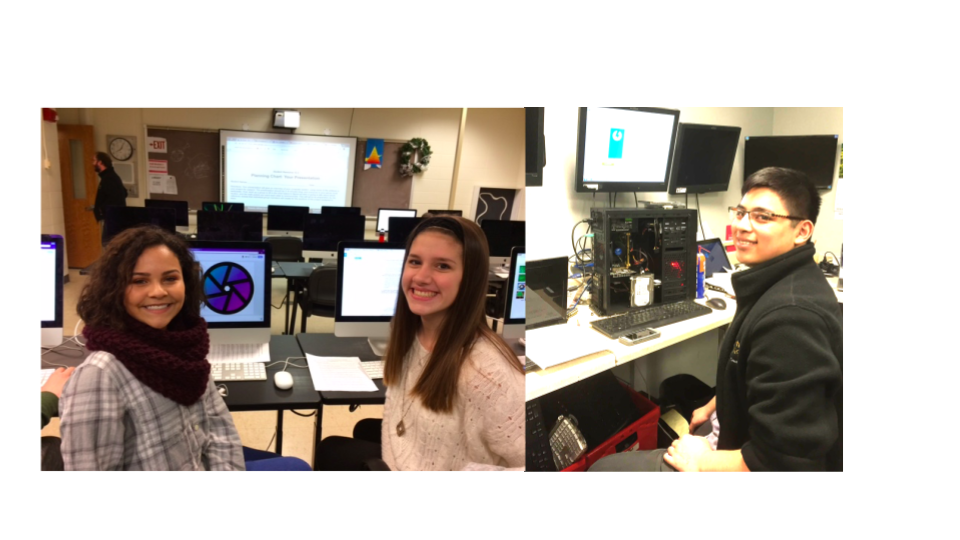
Program Overview

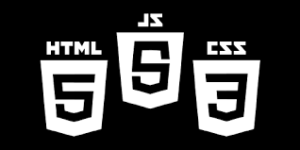
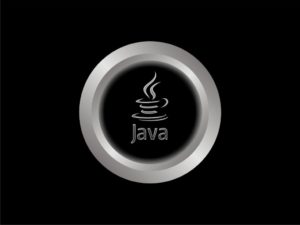
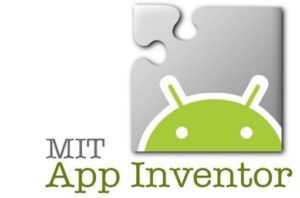
Computer Science and Web Development (CTE)
Program Description: This DESE approved Chapter 74 program provides students with an in-depth focus on programming and coding and its many applications within software, web and app development. Students will develop “in demand” project management skills as they work together to create: dynamic and user-friendly websites; apps to improve productivity; games for entertainment and education; code to control networks; and programs to keep computer systems safe.
Content: Computer and Internet Fundamentals, Programming with “HTML, Java Script, CSS & Python”, MIT App Inventor, Front End Development, Software Development Life Cycle, Software Development, Databases, Vex Robotics, OSHA Workplace Safety, Entrepreneurship, College and Career Planning
Certifications: OSHA 10-hour General Industry Certification
High Demand Jobs: Software Engineer, Web Developer, Web Designer, Mobile Application Developer, Full Stack Developer, Front End Developer, Software Architect, Scrum Master
College Majors: Web Architecture, Web Development, Computer Science, Computer Engineering, Computer Programming, Information Systems, Software Programming
College and Industry Partners: HydraCor, Vicor, Kronos, Juniper Networks, NECC, UMass Lowell
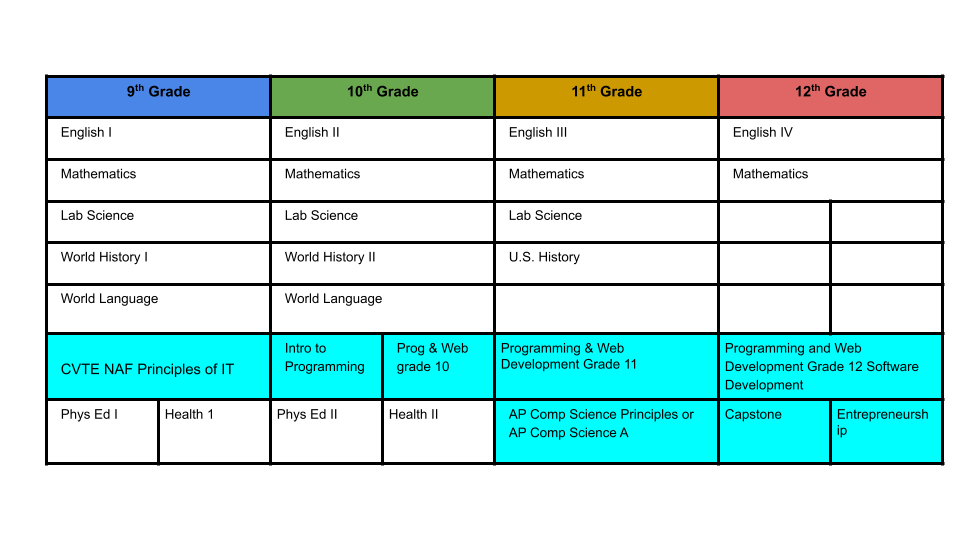
Program Course Progressions
This program is an official Chapter 74 Program following DESE’s Programming & Web Development Frameworks
CVTE PRINCIPLES OF IT HONORS (9th Grade) – This is the first course scholars take in the CVTE Information Technology and Programming and Web Development Programs. It provides an overview of information technology and introduces scholars to the basics of hardware and software. Scholars examine hardware components including peripherals, connectors, and memory. Scholars explore aspects of computer software, learning and using common operating systems, software applications, and programming languages. Scholars will learn the basics of programming by programming robots, developing websites and with the use of Python. Scholars learn about types of networks and network topology, and they set up an email client/server connection. Scholars also consider contemporary issues such as security, privacy, and technological inequality. Scholars will strengthen their public speaking skills by presenting projects to community leaders. Finally, scholars explore career opportunities in IT.
CVTE INTRODUCTION TO PROGRAMMING (10th Grade) – Introduction to Programming uses Python as a basis for learning general programming skills. Scholars learn programming principles by comparing Python to other programming languages. They use models as a way to quickly solve new problems using knowledge and techniques already learned. In addition to programming, scholars learn program design, documentation, formal debugging, and testing. Scholars will strengthen their public speaking skills by presenting projects to community leaders. Finally, scholars examine career opportunities in programming.
CVTE P&WD: PROGRAMMING AND WEB DEVELOPMENT GRADE 10 (10th Grade) ½ Year 1 period – This class is an introduction to the design, creation, and maintenance of web pages and websites. Scholars learn how to critically evaluate website quality, learn how to create and maintain quality web pages, learn about web design standards and why they’re important, and learn to create and manipulate images. The course progresses from introductory work on web design to a culminating project in which scholars design and program their own websites. Scholars will learn HTML5 and CSS3. Scholars will also learn about current development trends in web development.
CVTE PROGRAMMING AND WEB DEVELOPMENT: SOFTWARE DEVELOPMENT (12th Grade) Year long 1 period – This course introduces scholars to the fundamental principles of software engineering. Modern software development techniques and life cycles are emphasized. Scholars will learn how to identify a current problem, plan, design, build, test, deploy, and maintain software by developing several projects throughout the course.
CVTE CAPSTONE PROJECT (12th Grade) – The purpose of this capstone project is to demonstrate a scholar’s mastery and knowledge of what they have learned during their studies in information technology and apply them to real world applications. Working with a mentor, scholars will develop a proposal for a capstone project, integrating concepts and skills learned throughout their four years in Programming and Web Development. Each project must include a deliverable, such as a process, procedure, software or prototype. Scholars will be required to develop a comprehensive business model and marketing plan. At the end of the semester, scholars showcase and pitch their projects to a panel of judges at a Capstone Design Expo.
CVTE ENTREPRENEURSHIP (12th Grade) – This course teaches scholars to expand their knowledge of business marketing principles related to ownership and management of a business, traits and characteristics of successful entrepreneurs, and strategies of business management and marketing. Using the NFTE (Network for teaching Entrepreneurship) curriculum, this course teaches the entrepreneurial mindset alongside traditional business development skills. Scholars create original business models, either individually or with a partner, and pitch in a series of competitive events. This course is aligned to the Common Career Technical Core Standards for Business Management and Administration and The National Content Standards for Entrepreneurial Education.
CVTE: PROGRAMMING AND WEB DEVELOPMENT GRADE 11 (11th Grade) Year long 1 Period – This course is a continuation of Programming and Web Development Grade 10 and will focus on the successful design and implementation of websites using current industry standard tools and languages. The course will begin with a review of HTML5 and CSS3 then scholars will learn the basics of JavaScript programming. Scholars will learn about both client and server-side techniques, incorporating Python and MySQL databases in order to develop and maintain web pages. Topics will include current web implementation methods, technologies, version control, and tool sets.
All Programming and Web Development students are required to complete either AP Computer Science A or AP Computer Science Principles as part of the Programming and Web Development program completion requirements. This can be accomplished during 11th or 12th grade.
AP COMPUTER SCIENCE PRINCIPLES – AP Computer Science Principles introduces scholars to the creative aspects of programming, abstractions, algorithms, large data sets, the Internet, cybersecurity concerns and computing impacts. AP Computer Science Principles also gives scholars the opportunity to use current technologies to create computational artifacts for both self-expression and problem solving, without the need for previous programming experience. Scholars will have the opportunity to create socially useful applications of their own design.
AP COMPUTER SCIENCE A- This is an advanced computer-science programming course with emphasis on Java programming. It provides scholars with the opportunity to apply mathematical applications using object-oriented programming (OOP) and object-oriented design (OOD) with an emphasis on classes, methods, looping and logic, algorithms and inheritance. This course follows a syllabus approved by the College Board, with a professionally developed case study, and will prepare scholars for the AP Computer Science exam, which is mandatory.
Although this is not a requirement all CTE students are encouraged to participate in an Internship.
INTERNSHIP (this is a half credit course that can be taken during the school year or summer) The purpose of the Career Internship is to provide scholars with a meaningful workplace experience working closely with a professional in a chosen field. The scholars will also participate in classes where they will build a career portfolio, including resumes, cover letters, and ultimately, letters of recommendation. The scholars will also learn about interview and job search skills as well as labor laws and their rights in the workplace. This course runs two afternoons a week from 2:15-5 p.m. Scholars will receive ½ credit per semester for satisfactory completion of all requirements. Scholars must be at least 16 years old to participate.
Comparative Salary Data (April – June 2023)
Data below are for the Essex County area which includes cities like Andover, Haverhill, Lawrence, Lynn, Peabody and Salem, Massachusetts.
Entry level full-time jobs in these fields typically start at $22-$25 per hour and include benefits like health and dental insurance, retirement funding, paid sick leave and vacation time.
